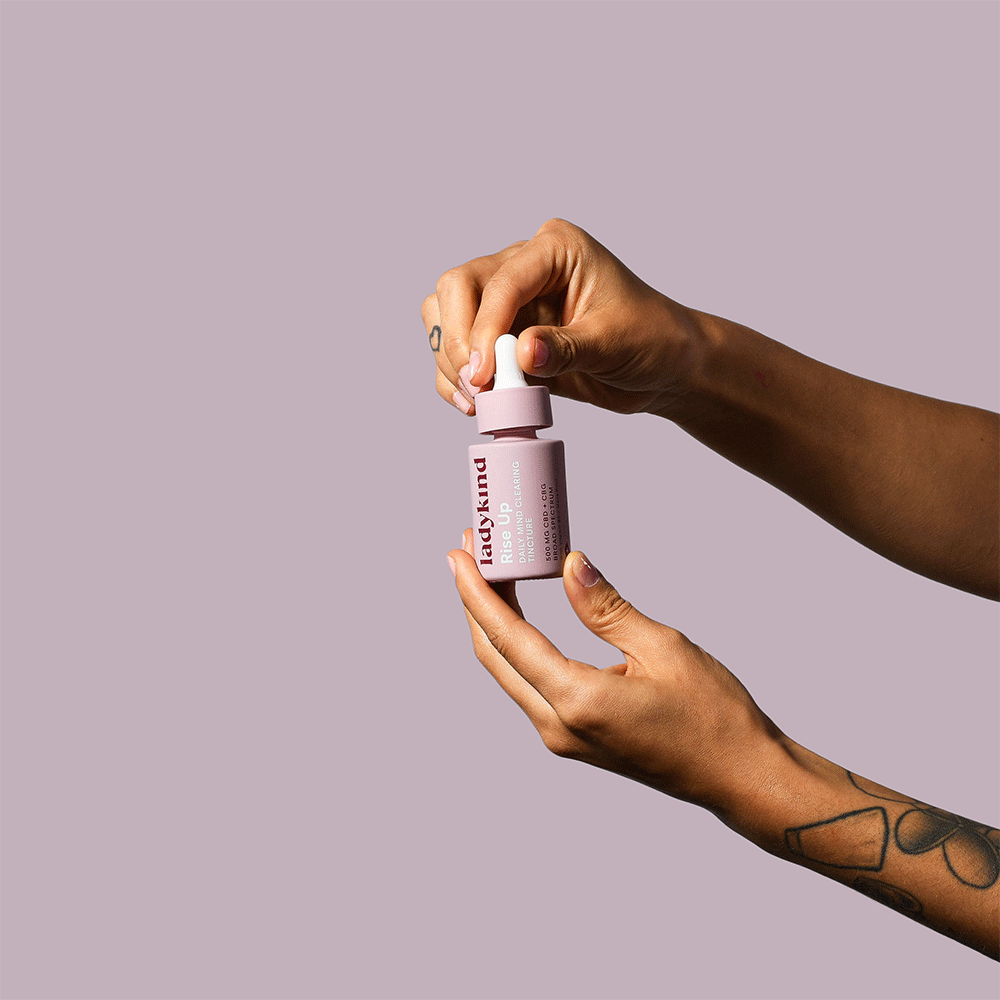Life comes in seasons, and we're not just talking about the time of the year. There are seasons of joy, seasons of despair, seasons of learning and seasons of sharing. Some seasons are for building and others are for deconstructing, just to start all over again. When crossing paths with people out and about, you can never be sure which season they're in based on what meets the eye. You may find yourself frustrated or confused by their actions because you can't relate or don't understand the underlying cause. That's why, when conflicts arise, it's important to respond thoughtfully and extend kind gestures instead of snap judgments.
Considering the context
Say someone cuts you off on the freeway.
If you're like most people, your temper just jumped from zero to a hundred. But if you stopped to wonder why they would treat you - a stranger - so abrasively, you might be humbled by how little the answer has to do with you. That person might be speeding because they're late to an important appointment. Or maybe the driver is a frazzled husband rushing his pregnant wife to the delivery room after her water just broke. Maybe the driver is deathly afraid of spiders, and just saw one scurry across their steering wheel, causing them to swerve out of control and into your lane (a true story, btw).
If you had this kind of context, could you disarm that defensive instinct that wants to catapult you into defense? Not that the above explanations excuse the driver's actions, but they simply remind us: it wasn't personal.
Truthfully, more often than not, grievances such as these have similar delineations. The problem is that being on the receiving end of a stranger's alarming actions, we rarely care to consider the reason. Since there's no sure way to tell what someone might be going through, why not make a regular habit of being generous with our compassion?
"With knowledge comes understanding, and with understanding comes the power to change lives and the compassion to help heal."
- Andrea C. Reed, PhD
With this knowledge, why not take it even a step further?
What if, in addition to giving strangers the benefit of the doubt, you made an effort to actually impact their day? A simple greeting, offer to help someone carrying a heavy load to their car, or holding the door open for the person behind you might result in lifting that person's mood, encouraging them to ground themselves in presence, or giving them a much needed glimpse of hope.
The rise in depression and anxiety in our society is fueling a record numbers of suicide events occurring today. Across the globe, an average of 800,000 people die by suicide per year. Notably among younger generations, suicide is a leading cause of death. Yet in the larger scheme, these stories remain untold and therefore the issue has flown under the radar, almost existing invisibly. The stigma that plagues open discussion of sensitive topics such as suicide causes countless individuals to feel alone in their experience.
One misconception about suicide is that it's always prompted by some catastrophic life event. This is factually incorrect and is important to note, especially for women, the desire to take one's life can manifest from the slow build up of holding mental discomfort (guilt, shame, discontent) or sustained physical pain due to menstruation and menopause. Those who struggle with extreme PMS symptoms may develop endometriosis, a condition known to lead to suicide due to lack of support, and also run a risk of eventually developing PMDD (premenstrual dysphoric disorder), which can serve as an individual contributor to suicidal thoughts and actions.
If you struggle with painful periods or menopause, we encourage you to do all you can to manage the malaise via talk therapy, physical therapy, and supplemental aids that help to keep your hormones balanced, like Ladykind's A Better Period kit.
In honor of World Suicide Prevention Day this September, we'd like to offer some ways YOU can help change this narrative today. The next time you go outside, consider trying one (or some) of our eight suggestions below for kind gestures to try on a stranger:
- Pay it forward. When it's your turn in line to pay toll, order coffee, check out at the grocery store, etc., offer to pay for the person behind you. Obviously, make these decisions according to your own financial flexibility.
- Give context. If you bump into someone on the street, make it a point to look up at them and apologize. A simple "I'm so sorry, I wasn't looking where I was going because I was engrossed in this article I was reading" warrants a much nicer response than keeping your head buried in your phone as you walk away without showing any acknowledgement.
- Leave a review. Set aside an intentional moment to write a bomb review thanking that nice waiter from the cafe you got lunch from for his hospitality, or for a life-changing product you've been using every day, or a testimonial for a colleague who's gone above and beyond to contribute to a collaborative project. Letting people know what you appreciate about them never goes out of style, and in this day and age, reviews = power. Companies and service providers might feel estranged, but letting them know how their products/services are positively impacting you can have quite a personal effect.
- Pay a random compliment. "That sweater looks really great on you, where did you get it?", or another statement/question of the sort will get the job done.
- Ask a question. Stuck in the elevator with a neighbor you haven't officially met yet? Introduce yourself and ask them how they like that new car you noticed parked in their spot the other day, or what their dog's name is.
- Put change in someone's parking meter. You know that change that's been hanging out in the bottom of your purse forever? Put it to good use and drop it into a random parking meter that's set to expire soon.
- Thank your mail person. Or, if you receive Amazon packages the way we do, your Amazon delivery person.
- Leave a note. The next time you go out to eat, leave a personalized note on the receipt (ideally accompanied by an appropriate tip) showing your gratitude and appreciation for the food and service.
What's in it for you?
The reward for being kind is not insignificant, and the opportunities to practice are all around you. Incorporating kindness into your daily interactions cultivates compassion for all parties involved. How can you exercise understanding and/or thoughtful compassion with a lucky stranger today?
Don't forget to come back to let us know how trying these kind gestures goes in the comments below!






